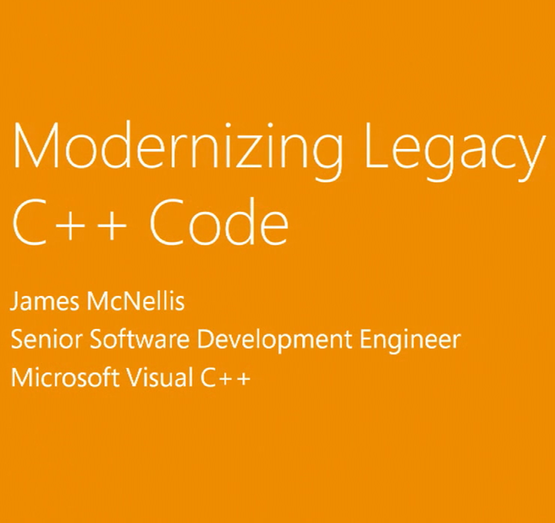Game Changer -- Tony DaSilva
A little more fodder for those still trying to get their management or team to adopt modern C++:
Game Changer
by Tony DaSilva
From the article:
Even though I’m a huge fan of the man, I was quite skeptical when I heard Bjarne Stroustrup enunciate: "C++ feels like a new language". Of course, Bjarne was talking about the improvements brought into the language by the C++11 standard.
Well, after writing C++11 production code for almost 2 years now (17 straight sprints to be exact), I’m no longer skeptical. ... It seems that the authors of the “High Integrity C++” coding standard agree with my assessment. ...

 From Techdays 2014 the Netherlands:
From Techdays 2014 the Netherlands: All available videos are now posted from this April's EuroLLVM conference.
All available videos are now posted from this April's EuroLLVM conference.
